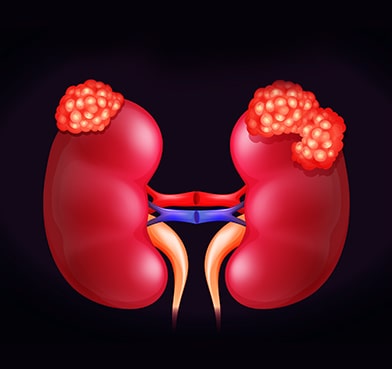Kidney Cancer Treatment in Delhi
Kidney Cancer Treatment in Delhi
Dr. Niren Rao is an experienced urologist and has extensive experience of having performed over 800 laparoscopic kidney surgeries.
Why choose Delhi Urology Hospital for Kidney Cancer Surgery?
- Delhi Urology Hospital is equipped with the best technology and infrastructure in order to provide the best services to our patients.
- We believe in making our patients take an active part in their treatment planning.
- We have a dedicated follow up protocol for all our kidney cancer patients to ensure their good health and minimize their anxiety and fears.
- We have the most friendly, dedicated and compassionate staff who is always there to assist you.
- Dr. Niren Rao has a vast experience of laparoscopic radical and partial kidney cancer surgeries.
- We provide kidney cancer surgery at very affordable rates starting from Rs. 75,000.
Kidney cancer sounds dangerous but in most of the cases, earlier it is found better the results. So, get yourself treated at an initial stage, consult Dr. Niren Rao, the best urologist in Delhi.



